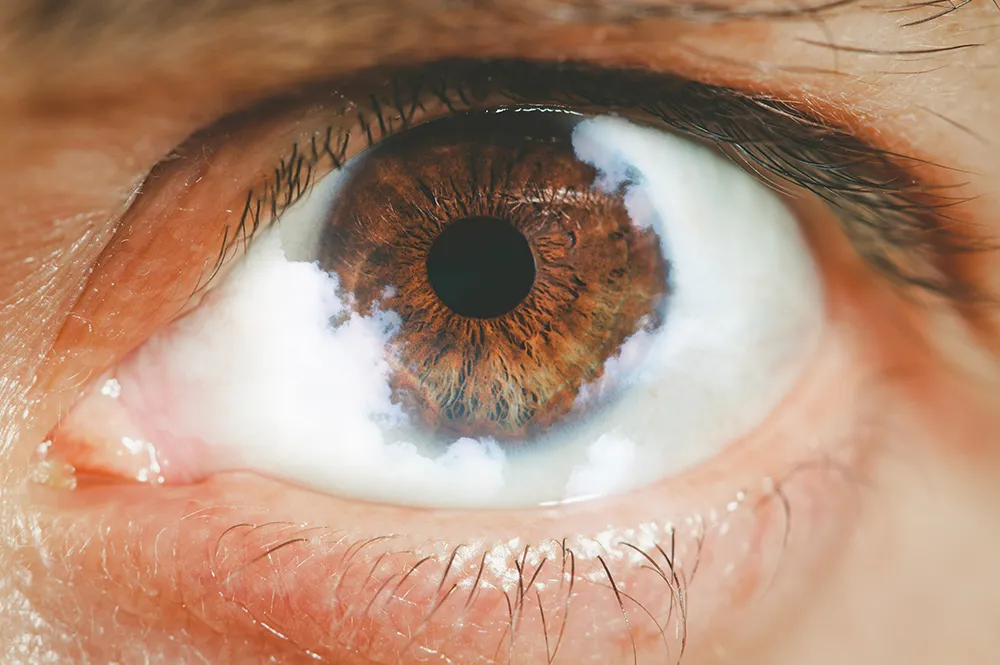
Vision
Vision problems should be dealt with promptly to avoid further complications. Preventing vision deterioration and helping recovery can be done with simple protective measures and cataract surgery. Here are things to do when you have cloudy vision:
Document Your Symptoms
Note the things that make your eyes cloudy and when they occur. Document any accompanying symptoms, including whether the cloudiness is in just one or both eyes. Keeping a log of your symptoms up to date will help doctors understand your condition.
Schedule an Immediate Eye Examination
If you experience cloudy vision, you should get a professional evaluation through a complete eye examination. Your eye care specialist will test your visual acuity to gauge your vision quality. They will look at your eyes using a slit lamp, which gives a magnified, detailed view of your eyes.
Dilation of the pupils allows for a complete examination of the health of your retina and optic nerve. The doctor measures intraocular pressure to determine whether glaucoma may also develop. Digital imaging and OCT scans may also reveal deep eye structure abnormalities. Your specialist will assess for cataracts and see if your lenses are clear.
Get Treatment
The treatment for cloudy vision depends on what is causing it. Cataracts are a condition that usually requires surgical intervention to restore clear vision. During cataract surgery, the doctor removes the clouded natural lens and implants an artificial lens called an intraocular lens. The procedure is usually done under local anesthesia and takes less than an hour. Many patients have improved vision within days, but full recovery usually takes several weeks.
Other causes of cloudy vision may be treated with prescription eye drops, oral medications, or lifestyle changes. For diabetic retinopathy, laser treatment or injectable medication may be needed. Corneal conditions can often be treated with specialized eye drops or, in severe cases, corneal transplants. Treatment for glaucoma consists of eye drops that reduce pressure or minimally invasive surgery.
Protect Your Eyes
Regular breaks from screen time can reduce eye strain and prevent further deterioration. Invest in high-quality sunglasses that completely shield you from harmful ultraviolet rays when outside. Good lighting is key in your workspace and can reduce eye strain during daily activities. If you have used digital screens for a long time, it is a good idea to get customized computer glasses.
Monitor Underlying Health Conditions
Diabetes and high blood pressure can affect your eyes and vision. Monitoring chronic health conditions may prevent future vision complications and keep the rest of the eye healthy. If you have any medical conditions, work with your healthcare team to keep them under control. Regularly testing your blood pressure and blood sugar can help determine any effects on vision.
Get Cataract Surgery
Optimal chances for maintaining good vision health are with early intervention and proper follow-up care. Most patients recover quickly and see improvement in their vision and eye health after cataract surgery. Like many other eye conditions, cloudy vision requires lifestyle adjustments or medication reviews. Contact a qualified surgeon today who can help you correct your vision problems.
Discover the latest news and updates on The Blog Verge





